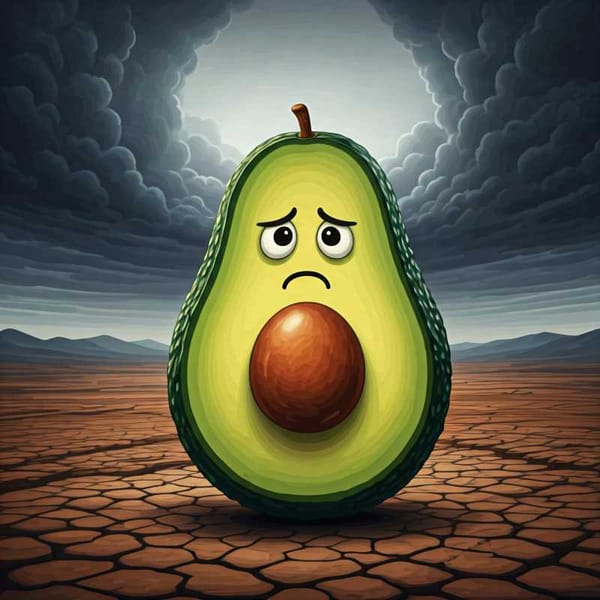Mazatlán's Shrimp Industry Battles Perfect Storm
Mazatlán's shrimp industry reels from high costs and fickle markets, leaving boats docked and processors jobless. Hope emerges in good catches, but gov't aid is crucial to avoid an economic shipwreck.

Mazatlán's shores, once teeming with crustacean bounty, whisper a mournful tale. The shrimp, those briny jewels of the Pacific, face a perilous odyssey, their fate entangled in a net of economic woes and governmental indifference.
For ten years, the tide has been unkind. The fishing sector, Mazatlán's salty lifeblood, has shriveled like a sun-baked starfish. Support is absent, costs sting like jellyfish tentacles, and shrimp exports, a culinary crown jewel, wobble on the precipice of a 50% plunge.




